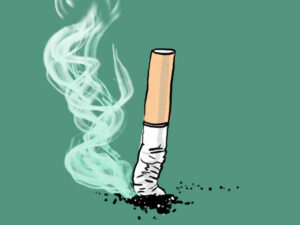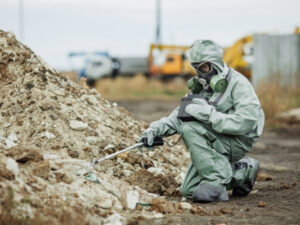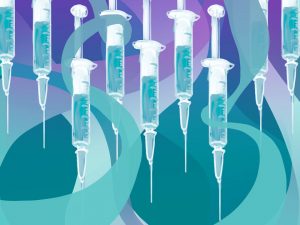Pride month is upon us, and the rainbow flag is flying high. At levels that would have been unimaginable a few decades ago, corporate sponsors acknowledge and celebrate the right of LGBTQ+ individuals to live free of violence, discrimination, and oppression.
We’ve all heard this story before, just with a different set of names and places. Man harasses woman after woman, eventually someone (usually a woman) is brave enough to report him, a quiet investigation confirms the reports, and he quietly and seamlessly gets hired elsewhere with no one the wiser.
In the days leading up to the 2021 American Society of Clinical Oncology annual meeting, The Cancer Letter published a piece focused on Axel Grothey’s unethical sexual relationships with women he mentored while at Mayo Clinic. While this news was met by some as shocking, science tells us it is anything but.
“We are going to start making this a requirement”, stated Richard Pazdur, MD during STAT’s ASCO Recap on June 9, 2021.
The story of modern cancer therapy would not be complete without the inclusion of the work of Paul Calabresi and some insights about the challenges he faced, along with his accomplishments.
Mainstream tobacco control advocates are celebrating the recent announcement that the Food and Drug Administration is poised to restrict the manufacture and sale of mentholated cigarettes and cigars.
Quick, what color is menthol? No, it’s not green. That’s the color of the KOOL, Newport, or Salem cigarette pack. Get it? Green is cool. Red is hot.
In the early morning of April 30, 35 years ago, I was awakened by a call from Anatoly Dobrynin, a long-time Soviet Ambassador to the United States. He said General Secretary Mikhail Gorbachev wanted me to come to the Soviet Union to help treat victims of the Chernobyl nuclear power facility accident. I had cabled Gorbachev a few days earlier, offering my assistance.
As the world faced the threat of a novel respiratory pathogen, SARS-CoV-2, in the first months of 2020, there was a great deal of uncertainty about its effect on people, especially those living with a diagnosis of cancer.
Can one be too smart? In some disciplines such as physics and mathematics the answer is clearly no. In medicine, the answer is not so clear.















